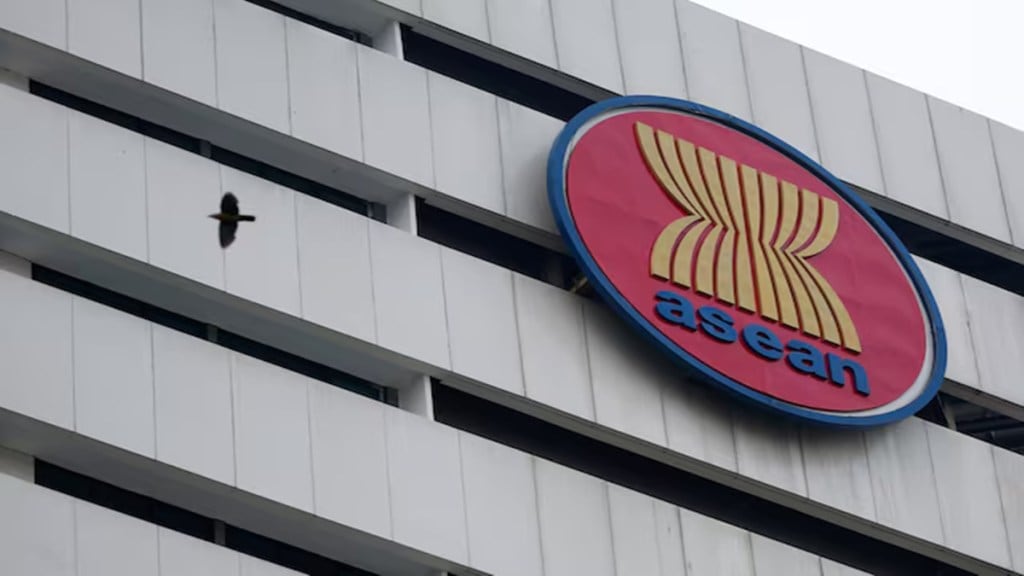India has called for addressing the injury being faced by its companies due to the Asean India Trade in Goods Agreement (AITIGA) and inequitable tariff liberalisation during the review of the agreement.
This demand was voiced by the Commerce and Industry Minister Piyish Goyal during the India-Asean Economic Ministers Meeting (IAEMM) at Vientiane in Laos where the ministers also took stock of the progress in negotiations for the review of AITIGA.
In his intervention he also cited India’s ongoing efforts of integrating with other economies through FTAs and highlighted the urgency in upgrading AITIGA which otherwise may lead to diversion of bilateral trade to other regions.
At the Asean-India Economic Ministers’ meeting at Semarang in Indonesia in August last year, both sides had agreed to a framework of the review of the Asean-India Trade in Goods Agreement. It also endorsed the terms of reference of the Asean India Trade in Goods Agreement (AITIGA) Joint Committee, the work plan of the review negotiations and negotiating structure of the review.
At the meeting the detailed action plan for the review was also finalised and the deadline of 2025 was set for completing the process.
Asean had agreed to the review of the pact in 2019, four years after India first raised the demand in 2015. At the 2022 India-Asean Summit scope of the review was agreed to for making the agreement more user-friendly, simple and trade facilitative.
An official had said last month that the text that will form the basis of the review will be ready by September. The review covers eight areas and for each of these separate sun-committees have been set up. Apart from national treatment and market access and rules of origin the other areas covered by the ongoing review are standards, technical regulations and conformity assessment procedures; sanitary and phytosanitary; legal and institutional issues; customs procedures and trade facilitation; trade remedies and technical cooperation.
The AITIGA entered into force on 1 January 2010 which created one of the world’s largest free trade areas.
Within five years of the agreement on goods being activated India had started asking for a review of the pact as its imports from Asean zoomed but it could not derive the expected benefits.
The trade deficit with Asean widened from $ 4.98 billion in 2010-11, the first full year of operation of AITIGA to $ 38.4 billion in 2023-24. The deficit has fallen from $ 43.5 billion in the previous year. The deficit was $ 25.7 billion in FY 22.
India maintains that its exports to Asean have been impeded by non-reciprocity in FTA concessions, non tariff barriers, import regulations and quotas. Another Indian demand is strict adherence to Rules of Origin provisions of the agreement by Asean.
Apart from economic ministers’ meetings, Goyal will also participate in the 12th East Asia Summit Economic Ministers Meeting (EAS EMM). He will also hold bilateral meetings with his counterparts from the Asean nations. Meetings have been scheduled with the Minister of host country Lao PDR and visiting Ministers from Korea, Malaysia, Switzerland and Myanmar.
On Friday he also had a meeting with director of state secretariat of economic affairs of Switzerland Helene Budliger and discussed the progress in realising the full potential of India-EFTA Trade and Economic Partnership Agreement. Goyal also met the Asean-India Business Council delegation and discussed strengthening business engagement.
A

